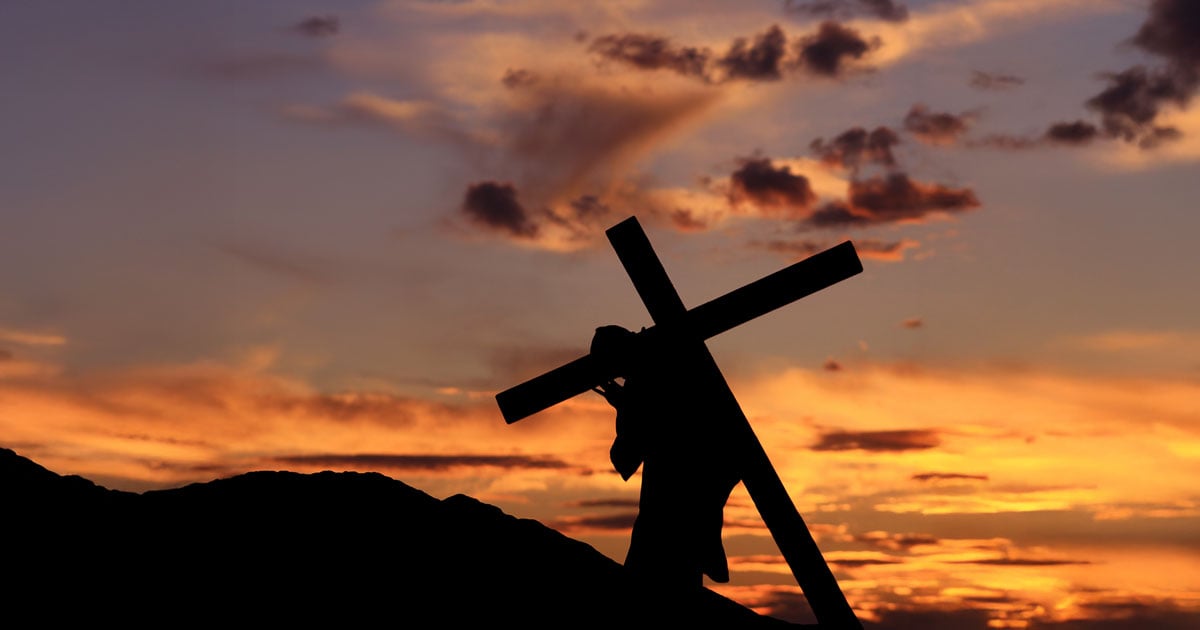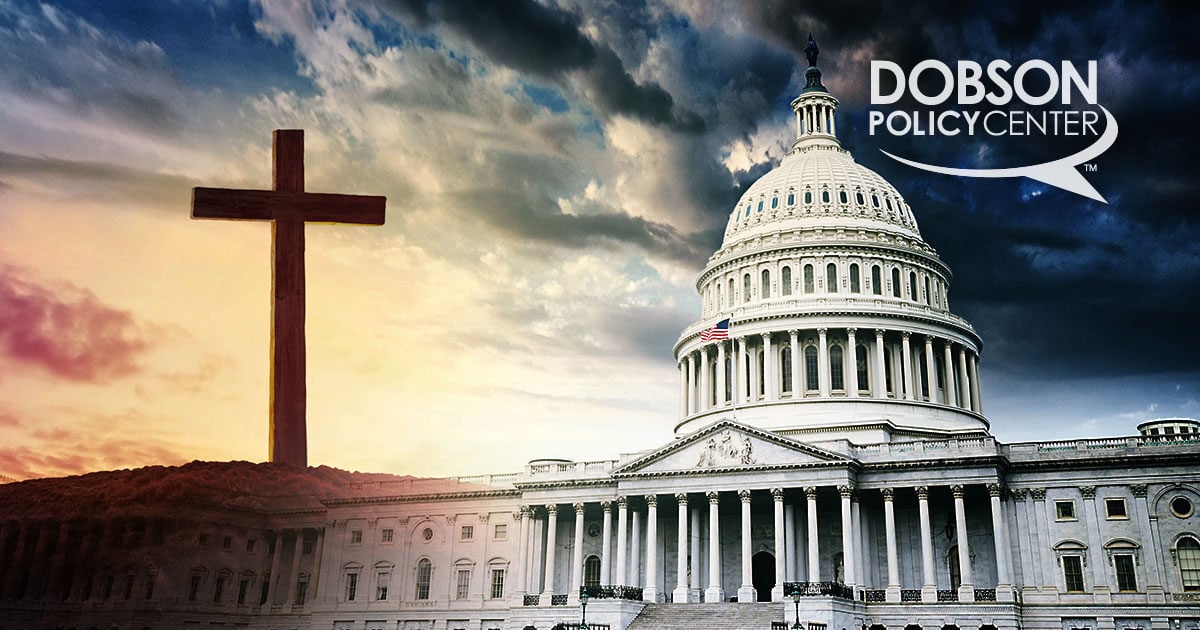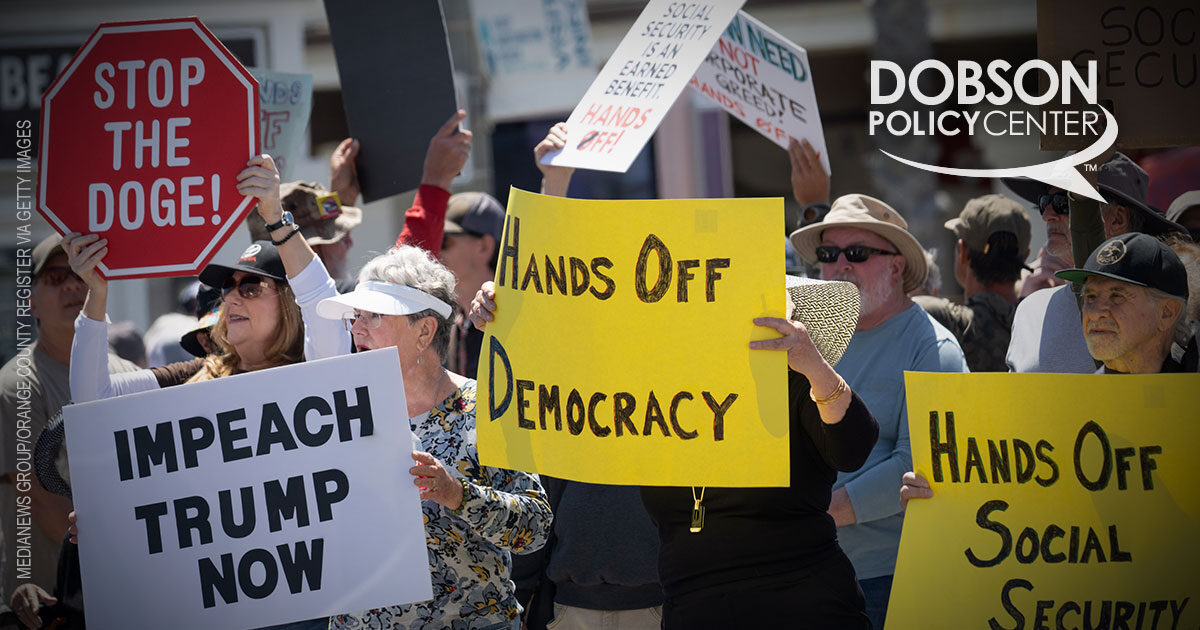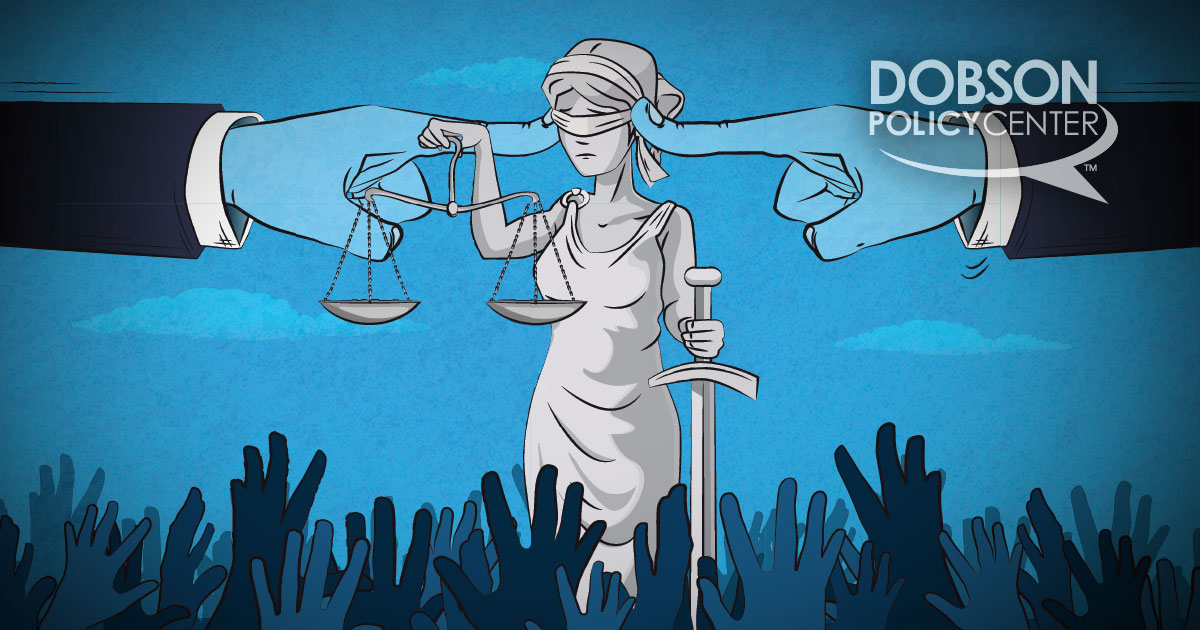In 1923, the U.S. Supreme Court held that "it is the natural duty of the parent to give his children education suitable to their station in life." The high court has also acknowledged that a child is "not the mere creature of the state" (1925), that parents have a fundamental right over "the companionship, care, custody, and management" of their children (1972), and that the "primary role of parents in the upbringing of their children" is "beyond debate." (1972).
Certain Democrats and members of Joe Biden's administration disagree.
At the end of September, Biden Education Secretary Miguel Cardona was asked by Sen. Mike Braun (R-IN) whether he believed that parents "should be in charge of their child's education as the primary stakeholder." Secretary Cardona responded that parents are "important stakeholders," but added that "educators have a role in determining educational programming."
This is not an isolated comment. In fact, it came just two days after former Virginia Gov. Terry McAuliffe (D) proclaimed that "I don't think parents should be telling schools what they should teach." McAuliffe was defending his past decision to veto legislation that would have given parents the legal right to have controversial books removed from school libraries. McAuliffe defended his move by arguing, "I'm not going to let parents come into schools and actually take books out and make their own decisions."
Sean Parnell, a Republican candidate for U.S. Senate in Pennsylvania, had this to say about McAuliffe's comments: "For a moment McAuliffe showed you what he really believes and it should frighten every parent." He continued, "The reality is, all radical leftists think this way. They believe they know what's best for you and your children. They want total government control over every aspect of your life."
That much is clear. So the only question of major importance in this struggle is this: are you going to give them that control?











